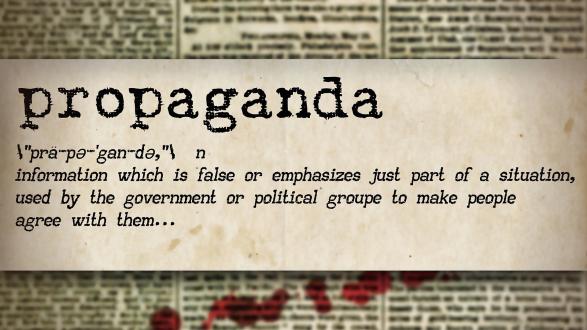FACT AND FICTION: ART, NEWS, AND PROPAGANDA
May 14, 2020
The Pacific Council and the Wende Museum recently hosted a discussion about art and propaganda featuring Robeson Taj Frazier of the Institute for Diversity and Empowerment at Annenberg, Farrah Karapetian of the University of San Diego, and Luke Matthews of the RAND Center for Applied Network Analysis, and moderated by Catherine Wagley of Momus.
Here are key takeaways from the discussion:
- “Bias is even more prevalent today with endless news sources, anchors quoting other news stations, and Twitter in a solipsistic circuit,” Karapetian said. “Political marketing is networked now, and algorithms enforce your own biases. We can now take on the agency of our own representations (e.g. recording police brutality live), but even these communication avenues such as social media have institutions behind them which we may or may not trust.”
- “’Fake news’ and ‘alternative facts’ aren’t new phenomenon,” Frazier said. “They’ve been leveraged for centuries by governments and other institutions. ‘Fact’ has been a tool for power. We have no relation to fact without interpretation, in others words socially produced values and social constructs. What’s positioned as the reality that matters is presented as fact.”
- “The creation of investigative journalism helped create standards and a gatekeeper effect and improved news quality,” Matthews said. “It’s good that we’ve democratized the sharing of information on platforms like social media, but there is also the risk of anyone posting anything.”
- Frazier pointed out that articles from major news sources that get the most clicks go to the top of the algorithm on social media, but grassroots news sources that are trying to compete with valid information are often shut out. “Be aware of the types of social media you’re using and how you receive what information,” Frazier said.
Watch the full conversation below:
_______________________
The views and opinions expressed here are those of the speakers and do not necessarily reflect the official policy or position of the Pacific Council.




